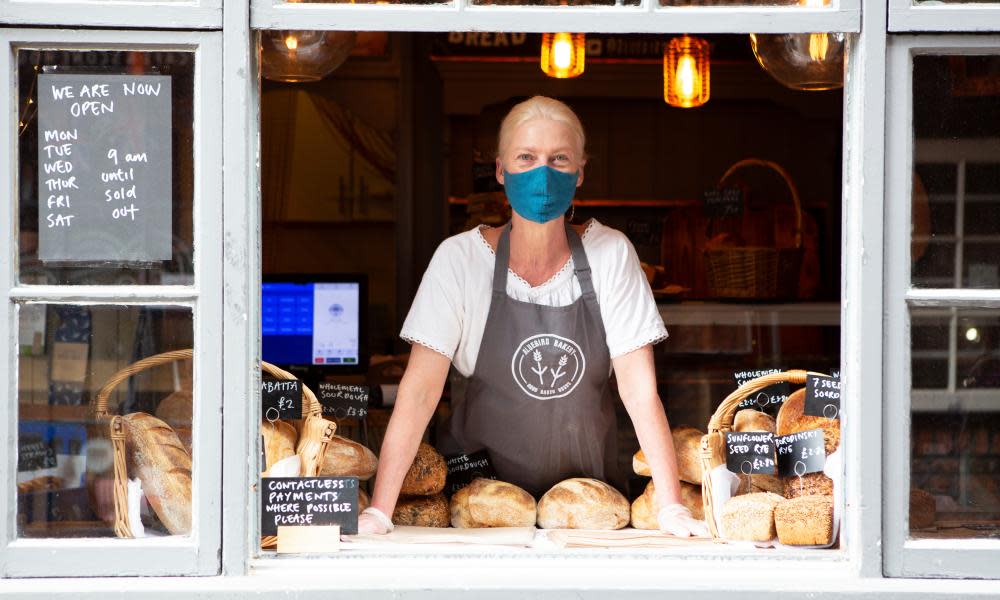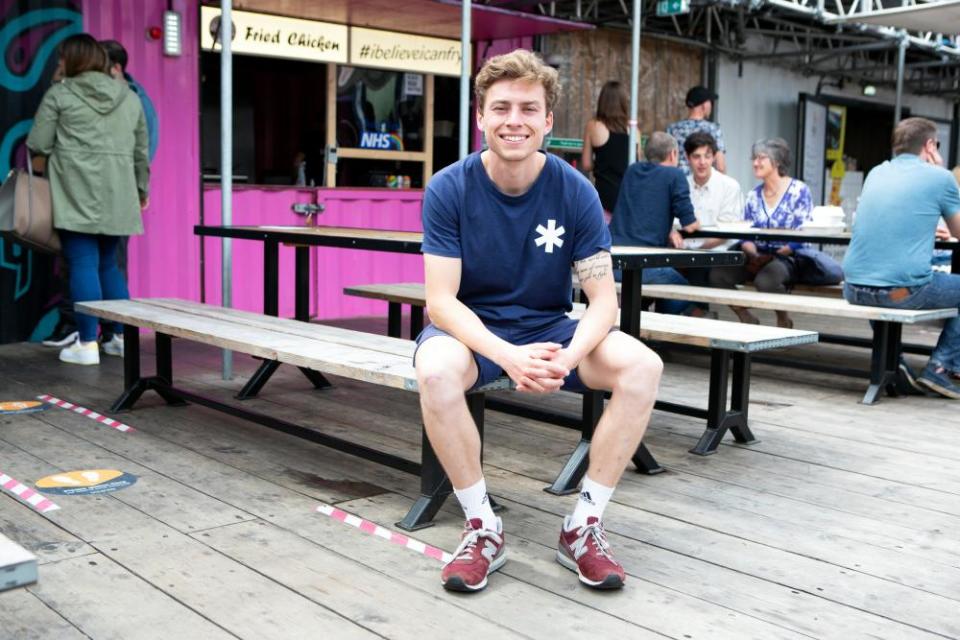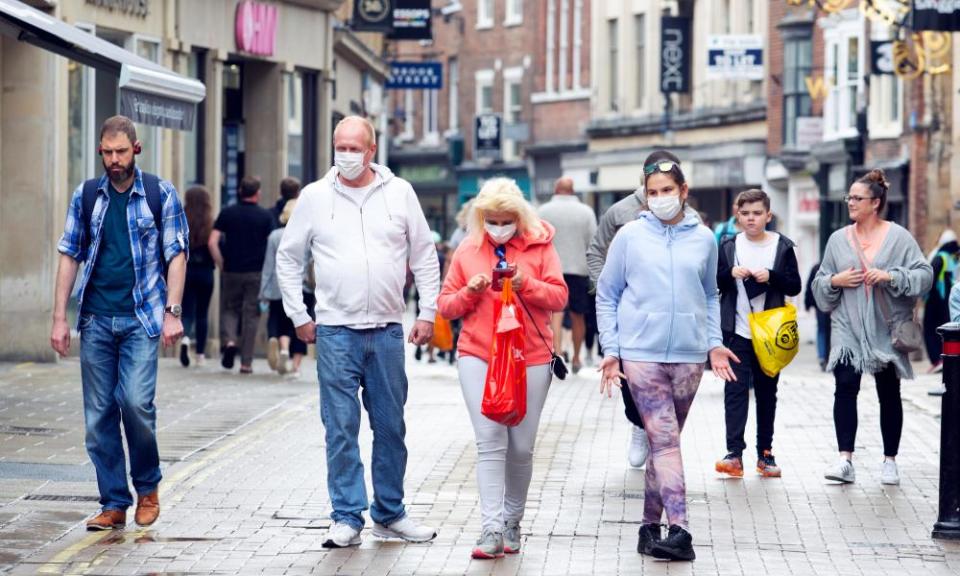'No one expected this': York at crossroads as coronavirus takes toll

For a city that has been at the heart of major national events for 17 centuries, beloved both by medieval kings and warring Romans, York has seen its fortunes rise and fall over the years.
But new questions about the future of the former Viking capital of England are being asked as the coronavirus pandemic threatens to devastate its tourism-driven economy, with one in four jobs relying on the money brought in by more than 8 million people who visit its cobbled streets every year.
Rachael Maskell, the Labour MP for York Central, said the city was at “an economic crossroads” and would go “off the cliff” without urgent government support for its fragile economy. “People paint York as this kind of chocolate box city whereas we are very much a post-industrial city of the north,” she said.

The City of York council launched a £100,000 six-month marketing blitz on Saturday – Yorkshire Day – designed to tempt back visitors. But the pandemic has forced the city’s leaders to confront bigger questions about the underlying health of a once-thriving economy, built on the Victorian railway revolution, where today one in three jobs pay little more than the minimum wage.
This “critical moment” warrants bold plans to transform the city, said Maskell. Her proposals include an immediate ban on all private car journeys inside York’s Roman walls, except for people who rely on cars such as disabled residents, as part of a green revolution. “Quiet mornings” should be introduced for vulnerable people to shop in the city before it fills up with tourists, she said.

The council, meanwhile, thinks York could become “the working from home capital of the north” thanks to its mostly superfast broadband. Its political leaders are also assiduously courting ministers over Boris Johnson’s apparent wish to set up a “government hub” in York.
Around 30,000 people in York work in the badly hit retail, hospitality and tourism sector – about one in four of all jobs – of whom about half are on part-time or zero-hours contracts. About a third of the city’s private sector employees have been furloughed, higher than the UK average, including most of the workers in its pubs, bars and restaurants.
How many of those jobs will return is unknown. Analysis by the York and North Yorkshire Local Enterprise Partnership, based on research by the Treasury’s independent forecaster, estimates that as many as 13,835 jobs in York will be lost in the scenario considered most likely, taking the city’s unemployment rate to 14.5% – the highest since modern records began in 1971 and more than double the rate in the economic slowdown of 2011.

“More and more cafes kept opening because York was just awash with tourists, you could hardly move for them,” said Sarah Henson, selling sourdough loaves from the Covid-friendly “Yorkshire window” of Bluebird Bakery on Little Shambles, just off York’s most famous street. “Yes, I guess we have been caught out a bit by that. But no one was expecting this. And who can blame us?”
Nearby, a collection of upcycled shipping containers is filled with lunchtime punters. Spark:York, a community interest company, launched in 2018 to great enthusiasm from young people and entrepreneurs – but a lukewarm reaction from some of the city’s old guard.
Sam Leach, its co-founder, described York as a “tale of two cities” – one geared towards tourists but prohibitively expensive for locals, particularly the younger generation.
“If we want young people to stay here and we want to be able to say York’s as interesting as Manchester, Leeds and London, then we have to have places that speak a slightly different language to ‘Here’s a fancy heritage street’. I don’t want regeneration just to mean Hilton hotels and luxury flats.”

Critics say the city’s unstable political leadership – the council has changed hands in almost every major local election since the early 2000s – has led to an over-reliance on the booming tourism industry at the expense of a long-term economic plan.
Keith Aspden, the Lib Dem council leader and former history teacher, is drawing up a 10-year strategy with a focus on green jobs and devolution, which would bring more money and power from the government. He said he was confident that York’s “history of reinventing itself” would leave the city on a “resilient footing”.

 Yahoo News
Yahoo News 
